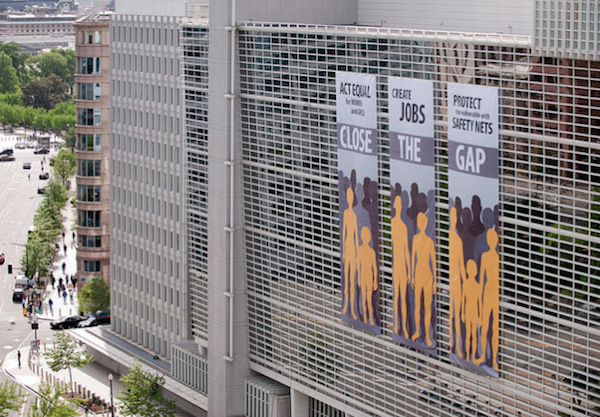Newsletter – We Demand Accountability
On Tax Day, April 15, 61 year old Doug Hughes, a mailman from Florida, landed a gyrocopter on the Capitol lawn to deliver 535 letters to members of Congress in order “to spotlight corruption of Congress and to present a solution to legalized bribery.” Hughes told the Tampa Bay News that "I'd rather die in the flight than live to be 80 years old and see this country fall." He has been released on bond with home detention and returns to court on May 8th to face charges of operating an unregistered aircraft and violating restricted airspace, facing a total of four years incarceration.
On Saturday, April 11, 22 year old Leo Thornton shot and killed himself in front of the Capitol. He had a sign taped to his hand that read, “Tax the 1%.” The media ignored him, some called him an extremist and did not report his "radical" message of fair taxes. Protests by individuals and groups become impactful when they ignite others to join, to mobilize in support of the call. We urge you to support protests by participating, spreading the word and mobilizing in whatever way you can.















